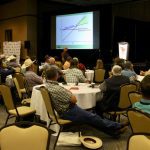
Ranching for Profit challenges paradigms
This business management course draws repeat customers from the ranching community

B.C. First Nation looking to expand ranch

Treaty Land Sharing Network connects producers and Indigenous people through land access
Farmers, ranchers, landholders offer land access to Indigenous people to practice treaty rights
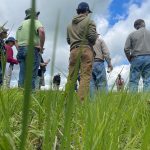
Manitoba trials forage grass from Africa
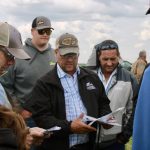
Saskatchewan family shares passion for cover cropping
The Gavelin family finds their cover crops perform well even under adverse conditions

Introducing outside calves heightens crypto risk
Cryptosporidium parvum is a disease that’s easy to introduce and hard to manage in a beef herd
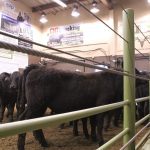
Beef supply down, retail prices up

Auction marts, cattle groups apprehensive about Transfer of Care requirements
Industry leaders cite good track record on animal welfare, ask for short-haul exemption
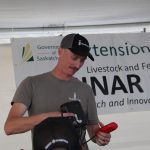
Water monitoring made simple with FarmSimple product
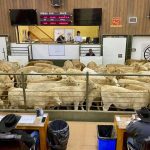
Auction marts grapple with a shrinking herd and changing industry
A shift to online selling and fewer cattle to market are two trends challenging the auction mart industry



